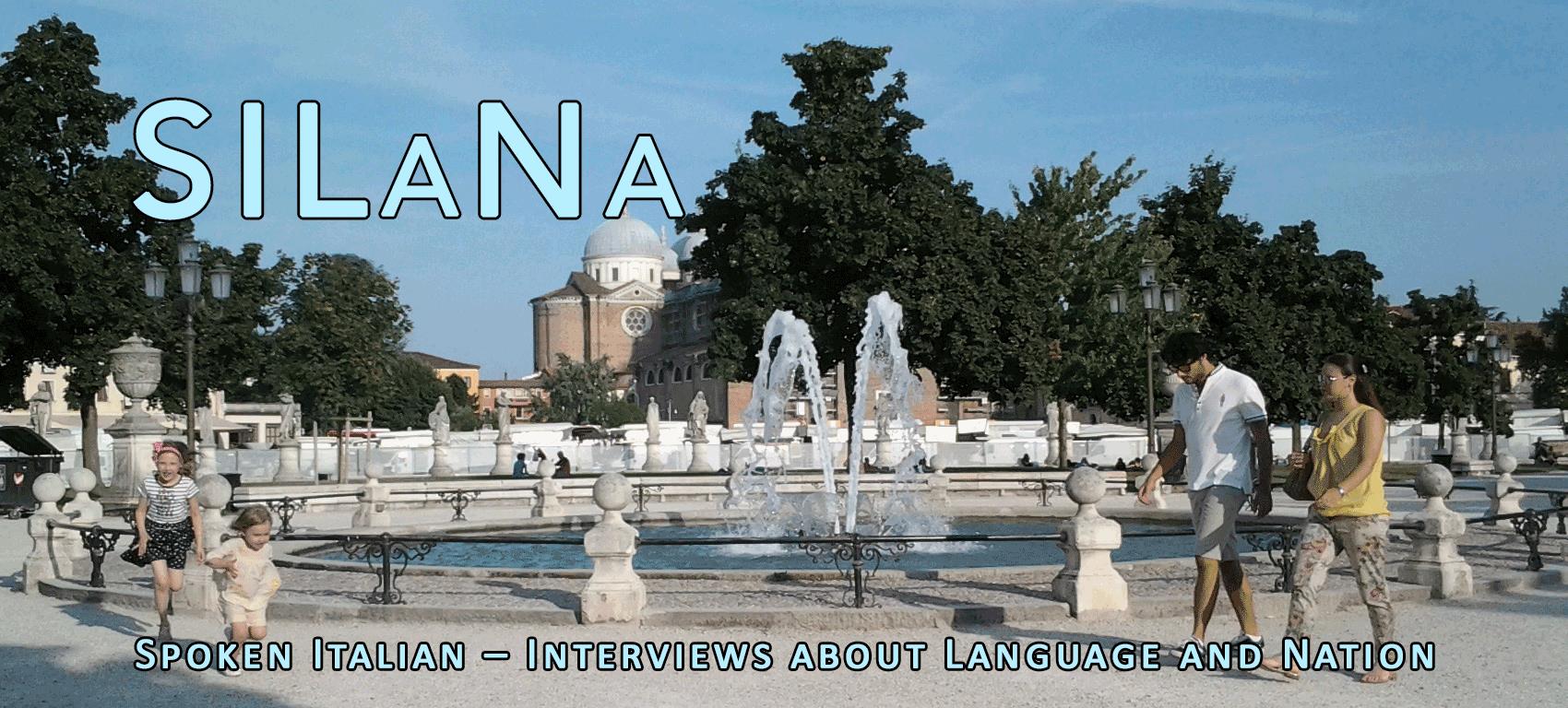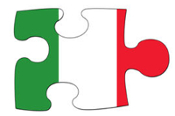
ADDITIONAL INFORMATION
Why this study: professional and personal reasons for starting this project.
Since my student days, I have been interested in spoken language, in particular in discourse markers that are considered important elements for organizing discourse, but sometimes become redundant. In any case they are judged as important signs of proficiency for L2 speakers. Influenced by studies on language acquisition that show that people use different grammatical constructions in different languages for describing the same reality, because each language has different instruments for talking about the world, I assumed that discourse construction is also language-specific and can lead L2 speakers to use different discourse markers or different strategies influenced by their native language. On the one hand, as a contrastive linguist, I wanted to compare two different ways of constructing a discourse under the same conditions (answering questions about the same topic). On the other hand, as an Italian teacher, I wanted to have different examples of Italian discourse created in a natural situation and available for different kinds of linguistic investigations.
My interest in the relationship between language and national identity was awakened when I moved to Norway in 2007. Here I met many families with different cultural and linguistic backgrounds. All of them were trying to combine integration into Norwegian society with preservation of their origin and national belonging. Many of them were also raising plurilingual children and were involved in the process of transmitting their national identity to their children. Being directly involved in this process myself as a mother of two trilingual girls (born in Oslo), I also wanted to find some advice or instructions for parents. Surprisingly for me, I discovered that the components of identity that were considered important to maintain varied from person to person, and the strategies for maintaining them were also very different. This led me to wonder: can identity be considered a language- or culture-specific phenomenon? Can it be said that each nation has its own core components that shape its identity? Subsequently, it emerged from the interviews that the role of the host country is very important in the process of constructing a new plurilingual identity.
Elizaveta Khachaturyan


